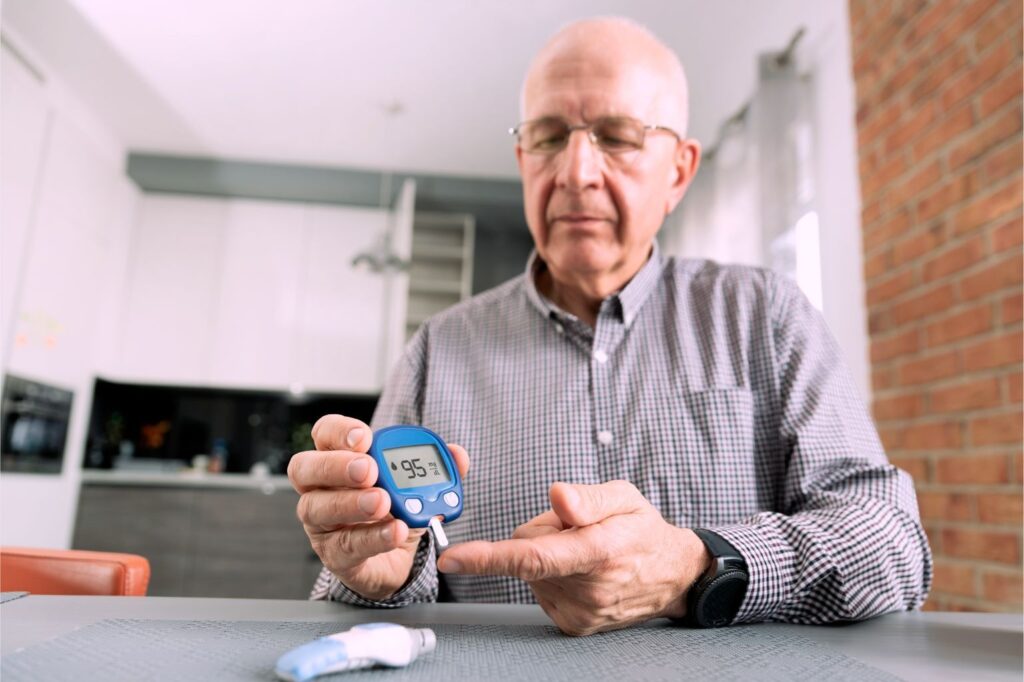
A new study indicates that men are more likely to fall sick and die from hypertension, diabetes, and HIV/AIDS as compared to women. The findings are consistent with earlier research indicating that men are less likely than women to engage with preventive, diagnostic, and therapeutic health services for illnesses such as HIV and COVID-19.
The study also notes that men are found to be less likely to seek medical care and treatment for these common health conditions when compared to women. Healthcare financing and masculinity are considered the main reasons behind the delay in action.
Also Read | India records 35,000 deaths from temperature extremes, most among men: study
The research underscores sex-based disparities at every stage of the ‘healthy pathway’—ranging from exposure to risk factors, such as smoking, to the development of disease, diagnosis, treatment, and mortality, according to the authors.
Men were also more likely to smoke, while women were more likely to be obese and engage in unsafe sex, the study, published in the journal PLOS Medicine, found.
“Most of these differences are not explained by sex (biology) alone, but by socially constructed gender – highlighting the importance of taking a gender justice approach to reducing health inequities. A gender analysis can help to shape systems of health for all,” Kent Buse, co-founder of Global 50/50, a UK-based research initiative seeking to achieve gender equality in global health, said.
The authors recommend formulating strategies to get men to participate in preventive and health care services.
Males had significantly higher prevalence rates of conditions in 56 per cent of countries for HIV and AIDS, 30 per cent for diabetes, and four per cent for hypertension, as per the study. “Females, on the other hand, had significantly higher prevalence rates of conditions in 14 per cent of countries for HIV and AIDS, five per cent for diabetes, and only in India for hypertension,” the authors wrote.
The research found that men and women received different care for hypertension in 200 countries. Also in 39 countries, such as Afghanistan, Bangladesh, Ecuador and Ethiopia, men and women received different care for diabetes, and in 76 countries, including Australia, Chile, Italy and Lesotho, they received different care for HIV.








